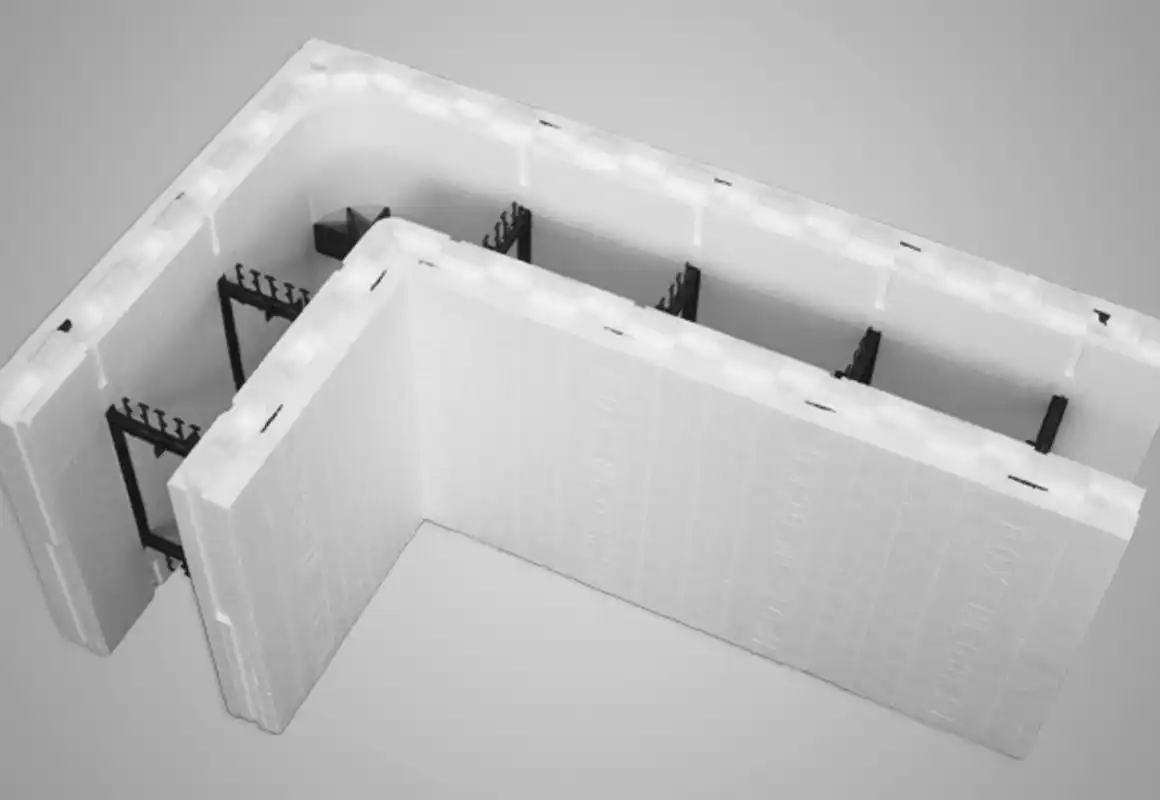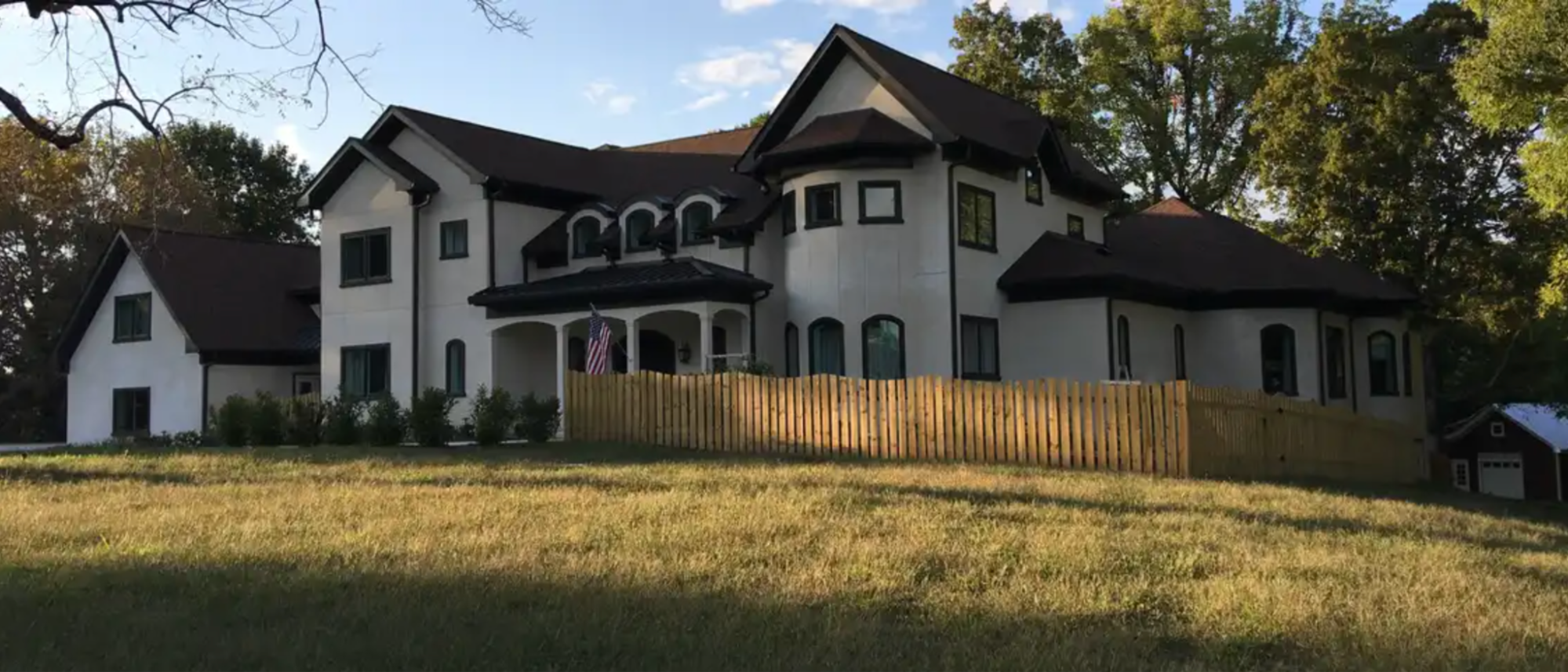
Masonry vs. Wood Frame Construction and a Better Option

In construction, the classic debate between using wood frame and masonry has advocates on both sides. The choice largely depends on various factors including geographic location, budget, and the design of the structure. Both materials can result in well-built structures, but wood frame and masonry each has its pros and cons.
As technology has advanced, new construction methods have emerged to make the debate even more interesting. Understanding the traditional masonry vs. wood frame rivalry sets the stage for why a better alternative exists.
Masonry vs. Wood Frame: A Brief Comparison
Masonry construction, known for its durability, uses individual units like bricks or blocks bound together by mortar. This construction method is famed for its resistance to fire, pests, and weather extremes. Wood frame construction on the other hand utilizes a network of wooden beams and studs to form the structure’s skeleton. Its advantages include a quicker construction time, cost-effectiveness, and versatility in design.
While both of these conventional construction methods can be used to build great structures, they also come with downsides. Masonry can be costly and requires skilled labor for installation, while wood is susceptible to fire, pests, and may warp or rot over time. The geographical location often plays a crucial role in determining the choice between wood frame and masonry construction.
Updates to Building and Energy codes are making wall assemblies more complicated to achieve standard for thermal efficiency and air tightness. Both wood and masonry walls require insulation, air barriers, moisture barriers, sealants and possibly vapor barriers to be a code compliant wall assembly. In a comparative analysis for labor, construction time, materials costs, the whole wall assembly must be evaluated.
An Innovative Alternative: Insulated Concrete Forms (ICFs)

Insulated Concrete Forms (ICFs) are a construction method that encapsulates the best of both worlds, while minimizing the downsides. ICF blocks are hollow foam blocks that are stacked to form the structure's walls. The hollow cavity formed with the blocks is filled with metal reinforcing bars and concrete.
After the concrete sets, the resulting steel-reinforced concrete structure is strong, durable, and high-performing. This innovative method combines the strength and thermal mass of masonry with the ease of installation and versatility of wood to provide a robust and energy-efficient solution.
Energy Efficiency
One of the crowning jewels of ICF construction is its energy efficiency. The foam insulation locks in heat during winters and keeps the interior cool during summers, to significantly reduce the energy demands for heating and cooling. An ICF building naturally has both an interior and exterior layer of continuous insulation around the building’s perimeter.
In addition to excellent insulation, ICF construction limits the thermal bridging that commonly occurs in conventional construction methods. Thermal bridging occurs when a plane of insulation is pierced by a conductor of heat, like a nail or screw. Wood studs can also act as thermal bridges, which can result in a significantly less insulated finished structure.
The design of ICF buildings prevents thermal bridging from occurring and results in a consistent level of insulation throughout the entire wall. This not only leads to reduced energy bills, but also contributes to a lower carbon footprint, which makes ICFs a green choice.
An ICF wall has two layers of continuous insulation and the concrete provides a continuous air barrier. The overall wall assembly meets code requirement for moisture and vapor intrusion without the requirement of additional materials.
Durability
ICFs provide an outstanding level of durability that stands firm against natural disasters like hurricanes, earthquakes, and floods. The reinforced concrete core is a solid defense against fire, while the foam insulation is impervious to pests and mold, issues that plague wood frame constructions. The steel-reinforced concrete structure helps ensure that the continuous load path of the entire building envelope is well secured to the foundation, to keep everything inside safe, no matter what nature has to offer. Fox Blocks products and assemblies have been tested and approved for up to a 4 hours fire resistance rating and meet code requirements for smoke development and flame spread.
Easier Installation
Despite the robustness, ICF construction is surprisingly easy to install compared to traditional masonry. The foam blocks are lightweight and come with interlocking features, which makes the stacking process straightforward. Because the concrete is poured into the hollow cavity and allowed to set, there is little room for human error and fewer steps required to build a wall assembly. These features result in a considerably lower-skilled labor requirement, often making ICFs a more cost-effective solution in the long run.
Why Choose Fox Blocks for Your ICF Construction

Fox Blocks leads the way in providing high-quality, high-performance ICF construction solutions. Their ICF products are designed for simplicity in installation without compromising on durability or energy efficiency. When you choose Fox Blocks, you're not just getting superior construction materials; you're investing in a sustainable, energy-efficient future for your structure. By utilizing quality windows and great roof insulation, every Fox Blocks home may be evaluated to meet the standards for Net Zero Ready.
The Fox Blocks team is dedicated to supporting you throughout your construction project, for a seamless transition from traditional building methods to advanced, eco-friendly ICF construction. Whether you are a seasoned builder or embarking on your first construction project, Fox Blocks is your trusted partner in achieving a durable, energy-efficient, and cost-effective building solution.
When debating between masonry and wood frame constructions, the answer is simple. The benefits of ICF construction present a compelling case for it being the superior choice. Embracing ICFs for your next construction project is not just a smart financial move, but a step towards building a sustainable, resilient future.
Contact the experts at Fox Blocks today to learn more about why ICF is the superior choice to wood frame and masonry construction!